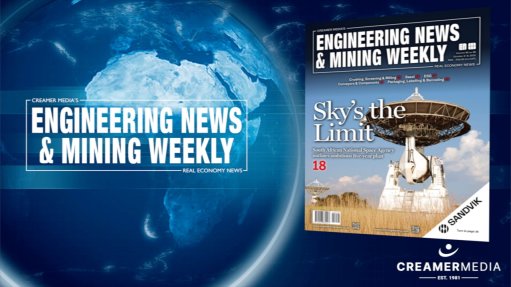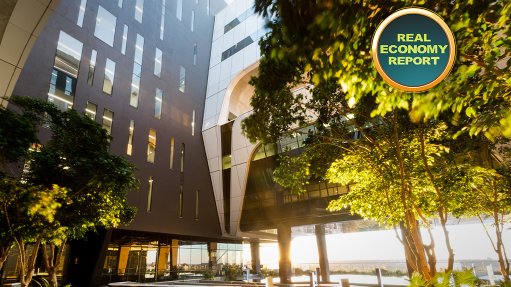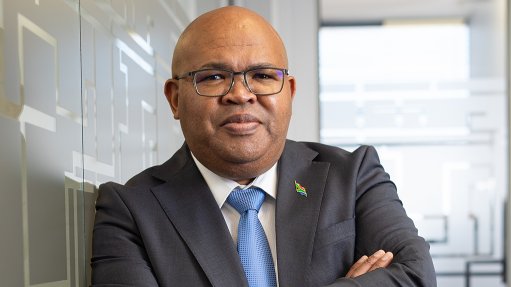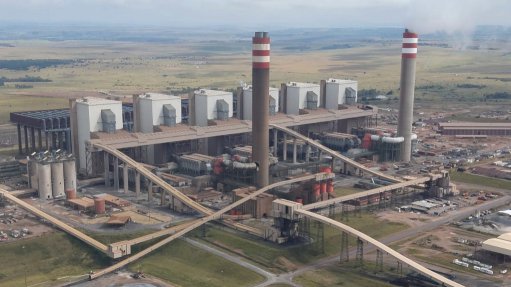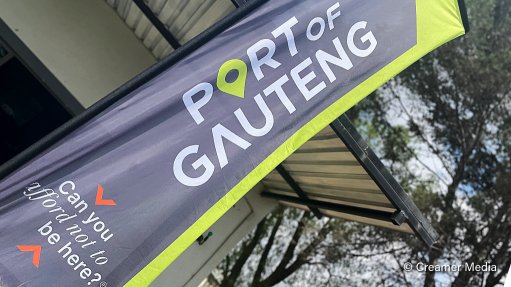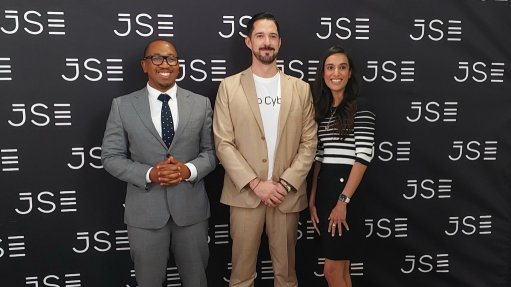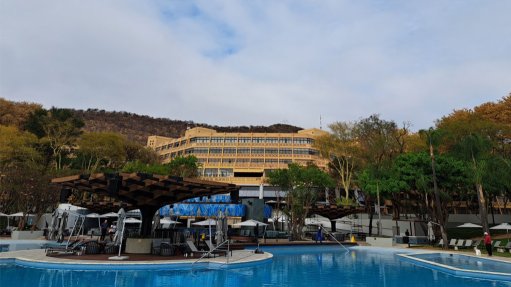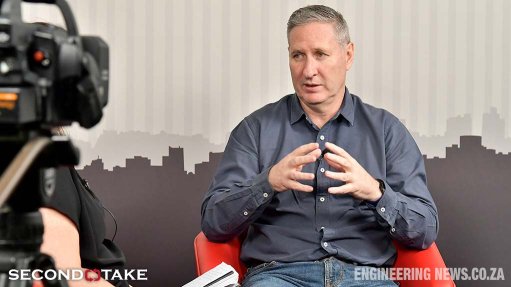Water reuse can protect resources
Ahead of World Water Day on March 22, water treatment specialist Veolia Services Southern Africa prompts government and local municipalities to consider the implementation of water reuse solutions, to protect both freshwater and groundwater resources. There is a growing necessity for these interventions, as it is predicted that by 2025, there will be water shortages in 50 countries – including South Africa.
Wastewater Reuse Protects Natural Water Resources
Only 2.5% of the world’s water is available as fresh water yet demand for this resource grows steadily. Water reuse is not a recent innovation and presents an effective remedy to the scarcity of freshwater.
Water reuse solutions make more water available while enabling preservation of natural water resources. In addition, water reuse controls costs and significantly reduces pollutant discharge – significant benefits for municipalities, industry, mining and agriculture.
“Wastewater can no longer be regarded as waste. Today, only 2% of the wastewater produced in the world is reused. There is a lot of room for improvement,” Veolia chairperson and CEO Antoine Frérot says.
Veolia Services Southern Africa business development director Miles Murray believes that the limited adoption of wastewater reuse solutions in South Africa is to our detriment.
“Investment in this sphere is seen as a grudge purchase, so making money available for this is very difficult, both for the municipal market and industrial markets,” Murray says.
Hepoints to the success of the Durban Water Recycling Plant (DW), constructed in 2000 and operated and maintained by Veolia. This plant has freed up water for 220 000 households in the City of eThekwini, without the need for additional infrastructure spending. At DW, 47 Mℓ/d of mixed effluent from industry as well as domestic wastewater is treated to a very high standard which is then used by large industrial clients.
This leaves more drinking water available for consumption and domestic use. City clients benefit from significant cost savings as they pay lower tariffs for this water – compared to those for regular potable water. The high standard of skills development that is enabled by this private-sector-operated and maintained plant is also noteworthy.
Another case study in effective wastewater reuse is that of the Windhoek Goreangab Operating Company (WINGOC) – a consortium of Veolia and VA Tech Wabag. The solution yields 21 000 m3 of safe drinking water daily – a quarter of the total drinking water consumed in Windhoek, in a water scarce country where only 1% of the 250 mm of rain that falls a year, infiltrates the groundwater supply. Windhoek is dependent on water supply from boreholes and from dams located far from the city.
“To cope with shortages, the city sought alternative solutions to secure reliable water supply and found an answer through wastewater recycling,” explains Murray.
Artificial Aquifer Recharge
Demand for water has tripled in the last 50 years which has depleted groundwater levels. Natural aquifers are being drained faster than they can be replenished through rainfall and surface water infiltration. Artificial aquifer recharge presents a viable remedy, replenishing and preserving aquifers for sustainable water cycle management.
Veolia’s artificial aquifer recharge process takes the aquifer’s hydrogeology into consideration, to ensure that groundwater is restored and protected. The surface wastewater is treated before being used in any recharge application, to ensure optimal water quality.
“Aquifer recharge provides more groundwater in regions suffering from chronic or seasonal water deficits, closing the gap between the demand for water and the existing resources,” says Murray.
In Berlin, the Berliner Wasser Betriebe (an initiative contracted in 1999, 50.1% owned by the Land of Berlin and 49.9% owned by the Veolia Water-RWE consortium) has provided for three types of aquifer recharge. The goal was to aid the government in its objective to improve groundwater management through the development of alternative water resources, to better serve the city’s 3.4-million people and its various industries.
Artificial recharge accounts for a substantial 15% of the local aquifer volumes of about 23.5-million cubic metres a year of water.
“Artificial recharge makes aquifers more productive than they are naturally, increasing their potential,” explains Murray. “In addition, recharge is significantly less costly than the alternatives, such as building of surface reservoirs, sweater desalination or water imports.”
Veolia Enables Sustainable Resource Management
Veolia’s water resource management solutions enable continuous production with the goal of protecting the ecosystem whilst reducing hydric stress impacts.
Comments
Press Office
Announcements
What's On
Subscribe to improve your user experience...
Option 1 (equivalent of R125 a month):
Receive a weekly copy of Creamer Media's Engineering News & Mining Weekly magazine
(print copy for those in South Africa and e-magazine for those outside of South Africa)
Receive daily email newsletters
Access to full search results
Access archive of magazine back copies
Access to Projects in Progress
Access to ONE Research Report of your choice in PDF format
Option 2 (equivalent of R375 a month):
All benefits from Option 1
PLUS
Access to Creamer Media's Research Channel Africa for ALL Research Reports, in PDF format, on various industrial and mining sectors
including Electricity; Water; Energy Transition; Hydrogen; Roads, Rail and Ports; Coal; Gold; Platinum; Battery Metals; etc.
Already a subscriber?
Forgotten your password?
Receive weekly copy of Creamer Media's Engineering News & Mining Weekly magazine (print copy for those in South Africa and e-magazine for those outside of South Africa)
➕
Recieve daily email newsletters
➕
Access to full search results
➕
Access archive of magazine back copies
➕
Access to Projects in Progress
➕
Access to ONE Research Report of your choice in PDF format
RESEARCH CHANNEL AFRICA
R4500 (equivalent of R375 a month)
SUBSCRIBEAll benefits from Option 1
➕
Access to Creamer Media's Research Channel Africa for ALL Research Reports on various industrial and mining sectors, in PDF format, including on:
Electricity
➕
Water
➕
Energy Transition
➕
Hydrogen
➕
Roads, Rail and Ports
➕
Coal
➕
Gold
➕
Platinum
➕
Battery Metals
➕
etc.
Receive all benefits from Option 1 or Option 2 delivered to numerous people at your company
➕
Multiple User names and Passwords for simultaneous log-ins
➕
Intranet integration access to all in your organisation







